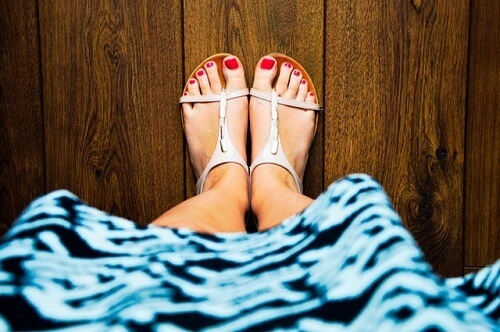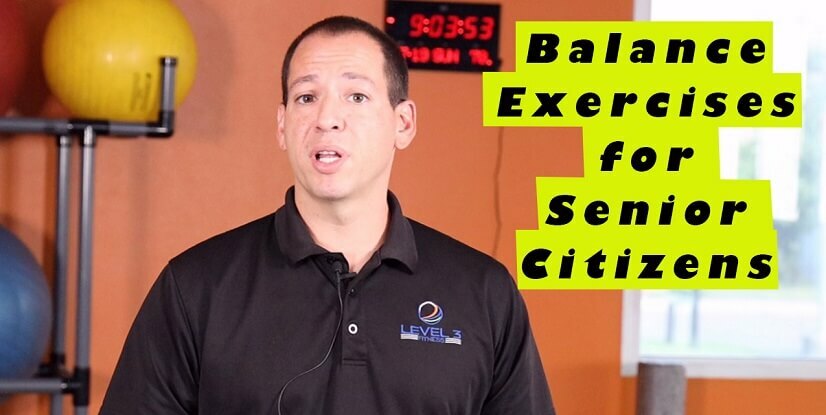 Even if you’ve never dealt with foot or ankle problems before, when you age, it’s important to start paying extra attention to them.
Even if you’ve never dealt with foot or ankle problems before, when you age, it’s important to start paying extra attention to them.Many serious conditions, including diabetes, arthritis, nerve disorders, and circulatory problems, begin in the feet, so it’s important for seniors to check them regularly to make sure everything is healthy and working as it should. Aging also tends to affect balance and weaken the bones and muscles, which increases your risk of falling and experiencing foot and ankle injuries.
Read on to learn about some of the most common foot and ankle conditions that seniors need be aware of, as well as some tips on how you can keep your feet and ankles healthy and strong.
Common Foot and Ankle Conditions Seniors Experience
Some of the most common foot and ankle ailments that affect seniors include:
-
Arthritis -- the big toe and ankle are particularly prone to pain and inflammation since they bear so much of your weight
-
Stress fractures -- these are small, hairline breaks that are often caused by an abnormal foot structure and/or repetitive stress
-
Flatfoot -- this occurs when the tendons that support the arches become inflamed and stretched out and stop providing as much support as they used to
-
Ankle sprains -- these can occur in both active and inactive seniors; those who are sedentary may have a harder time recovering
-
Dry skin -- aging leads to a decline in collagen production, which can cause the skin to dry out and be more prone to cracking
-
Bunions -- these are bony growths that occur most often at the base of the big toe or small toe
-
Heel spurs -- these are calcium deposits that develop on the heels
-
Athlete’s foot -- this is a fungal infection that is characterized by itching, burning, and a scaly rash
-
Ingrown toenails -- when these are left untreated, they can cause painful and unpleasant infections
Essential Foot and Ankle Care Tips
While it’s not always possible to prevent foot and ankle injuries or ailments, there are lots of things you can do to help keep your feet healthy and safe. The tips listed below are a great place to start.
1. Trim the Toenails
Keeping your toenails trimmed will help prevent ingrown toenails, which can contribute to infections and more severe issues. This also helps prevent fungus buildup and minimizes your chances of bumping your nail on an object and breaking it.
2. Moisturize
Moisturizing your feet regularly with a high-quality, gentle lotion (such as one that contains cocoa butter or aloe vera) will help keep dry skin at bay and prevent blisters and calluses from forming. Massaging lotion into your feet also promotes healthy circulation.
3. Check Your Feet Regularly
It’s important for seniors -- especially those who are already suffering from diabetes or nerve conditions -- to check their feet regularly to look for bumps, sores, or other abnormalities. These need to be addressed immediately to prevent infections.
4. Wear Good Shoes
It’s important for seniors to wear high-quality shoes that fit and provide plenty of support. This will help minimize strain caused by flatfoot or other conditions and minimize the risk of strains or other injuries. Proper-fitting shoes also cut down on the risk of calluses, blisters, and bunions.
5. Schedule Regular Exams
In addition to performing your own exams, you should also be having your feet checked by a podiatrist regularly. A podiatrist is trained to spot abnormalities and may catch things that you couldn’t. It’s especially important to schedule regular exams if you have a hard time bending over or reaching your feet.
Foot and Ankle Care for Senior Athletes
The tips mentioned above are essential for all seniors, no matter how much (or how little) activity they get. If you’re a particularly active individual who loves to play sports or workout at the gym, you should take extra care to protect your feet and ankles by following these guidelines:
-
Wear an ankle brace, especially when playing sports like tennis that involve a lot of running or lateral movements
-
Invest in orthotics for extra arch support
-
Warm-up the feet and ankles properly before every game or practice
-
Invest in shock-absorbing shoes if you do a lot of running or jogging
-
Wear clean, dry socks to prevent infections
-
Stretch after every practice or game to prevent tight muscles
-
Do ankle-strengthening exercises with a resistance band
-
Massage the feet regularly with a golf or lacrosse ball to promote good circulation
Final Thoughts
Foot injuries and other conditions are highly common among seniors, but they’re not completely inevitable. By taking steps to monitor the health of their feet and ankles and keep them strong and supported, seniors can keep doing their favorite activities without being overly worried about potential injuries.


Comments